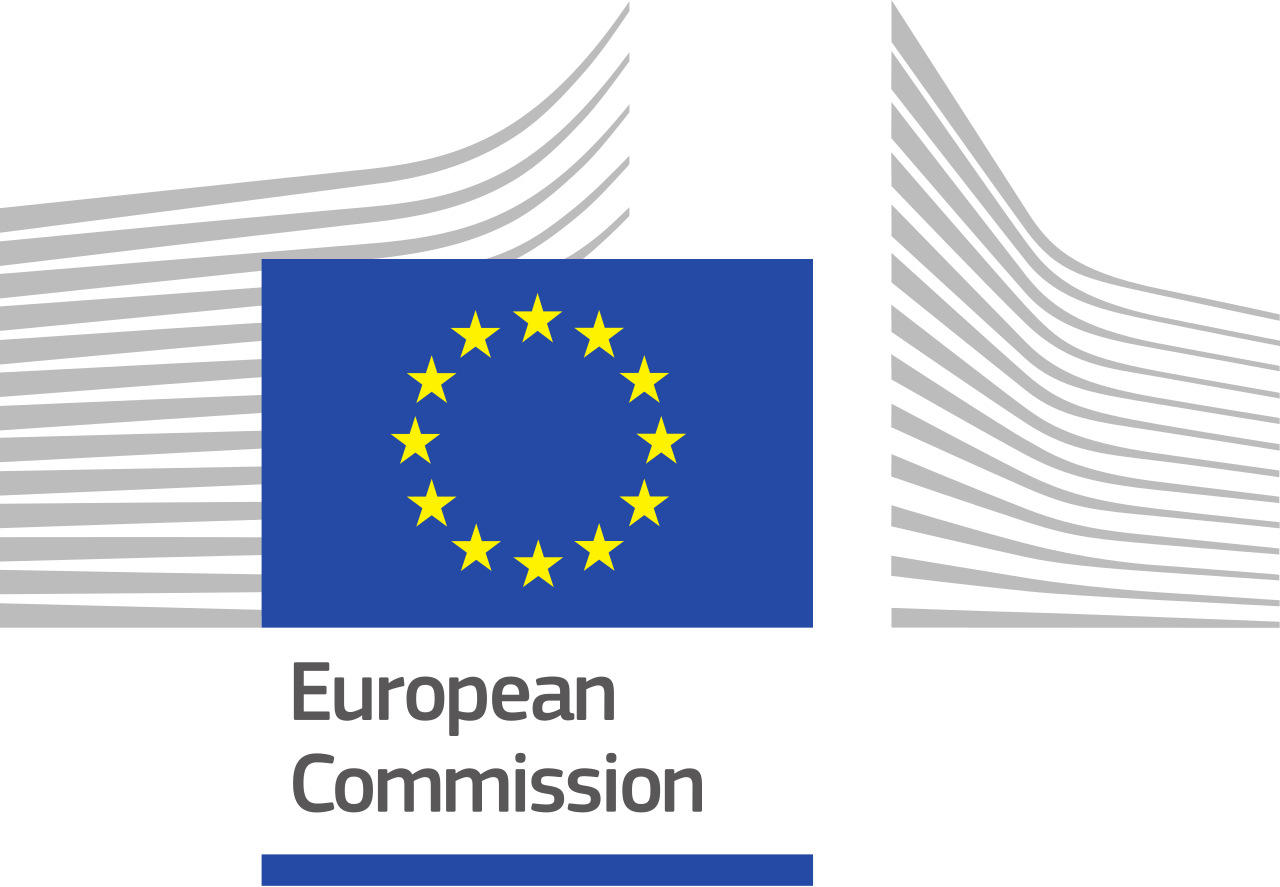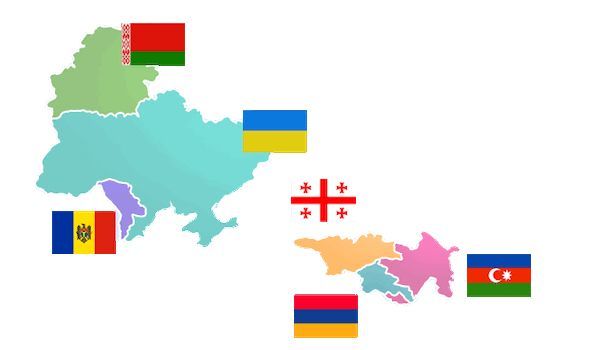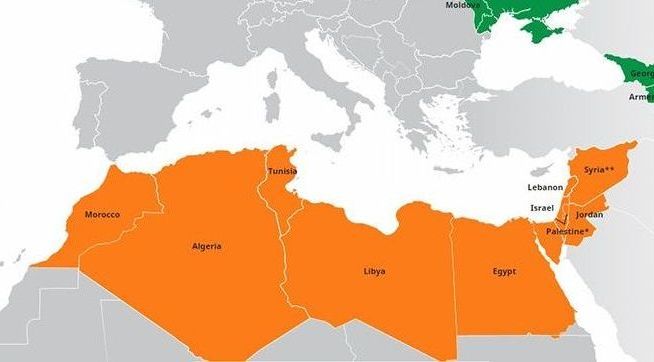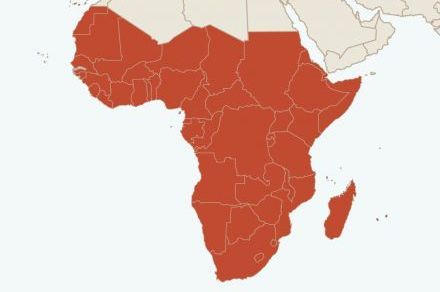Neighbourhood, Development and International Cooperation Instrument – Global Europe
NDICI, or Neighbourhood, Development and International Cooperation Instrument – Global Europe, is the European Union's main financial instrument for external cooperation. It's essentially a giant pot of money the EU uses to support various projects and initiatives around the world.New Paragraph
(NDICI – Global Europe)
The NDICI is the European Union’s main financing instrument for external cooperation. It brings together five instruments from the previous programme period. The instrument aims at eradicating poverty and promoting sustainable development, prosperity, peace and stability outside the European Union. Its general objective is the affirmation and promotion of the Union’s values and interests in the world with a view to pursuing the objectives and applying the principles of the Union’s external action
Eradicate poverty and promote sustainable development
This is the big picture goal, aiming to improve the lives of people in developing countries and contribute to a healthier planet.
Support democracy, human rights, and the rule of law
NDICI projects often focus on strengthening democratic institutions, promoting human rights, and ensuring fair and just societies.
Address global challenges
The EU faces various global challenges like climate change, migration, and security threats. NDICI helps tackle these issues through various projects and partnerships.




